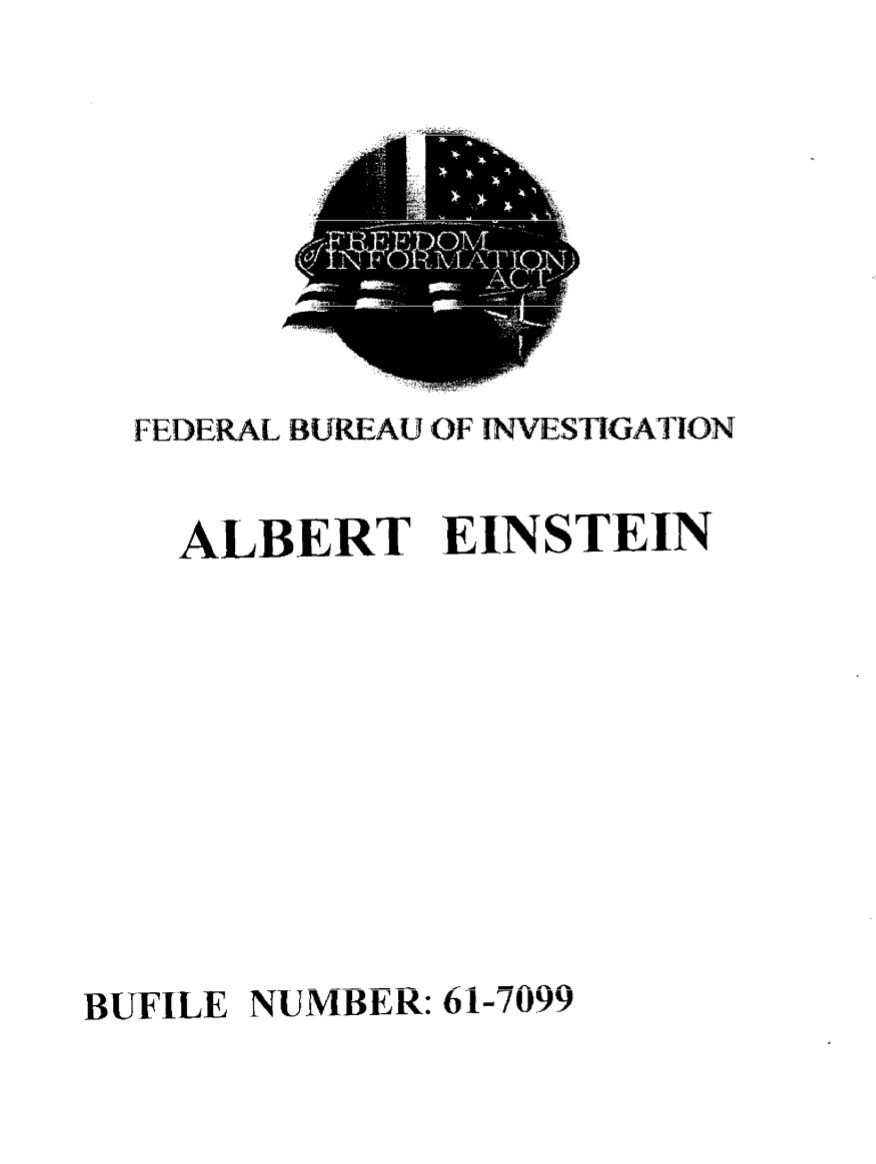Tom Wolfe: Radical Chic & Mau-Mauing the Flak Catchers (1970)
Filed under book | Tags: · art, history, journalism, politics, race, united states

Radical Chic and Mau-Mauing the Flak Catchers, Tom Wolfe’s fourth book of social commentary, consists of two devastatingly funny essays, closely related in theme and substance, dealing with political stances and social styles in a status-minded world. In “Radical Chic,” Wolfe describes an intriguing phenomenon of the late Sixties: the courting of romantic radicals-Black Panthers, striking grapeworkers, Young Lords-by New York’s socially elite. He focuses primarily on one symbolic event: the gathering of the radically chic at Leonard Bernstein’s duplex apartment on Park Avenue to meet spokesmen of the Black Panther Party, to hear them out, and to talk over ways of aiding their cause. Tom Wolfe re-creates the incongruous scene-and its astonishing repercussions-with high fidelity. But he gives us more than just a wry account of life among the Beautiful People; he also provides a historical perspective on that impulse of the upper classes to identify themselves with what they imagine to be the raw, vital lifestyle of the lower orders.
In the companion essay, Wolfe travels west to San Francisco to survey another meeting ground between militant minorities and the liberal white establishment: the newly emerging art of confrontation developed by young blacks, Chicanos, Filipinos, Chinese, Indians, and Samoans in response to the bureaucracy that grew up in and around the poverty program. Wolfe’s account of the performances of such masters as the Mission Rebels, the Youth for the Future, and the New Thang, and the responses of the catchers of the flak, including the Mayor himself, makes for uproarious farce. But the points he makes about racial and ethnic game-playing in America’s class wars are inescapably valid.
Radical Chic article first published in the Jun 8, 1970 issue of New York
Published by Farrar, Straus and Giroux, 1970
ISBN 9780312429133
commentary (Michael Bracewell, Frieze)
wikipedia
author
publisher (reissued by Picador, 2009)
PDF (no images, altered paging)
PDF (original article, incl. images)
View online (original article, HTML)
Peter Sloterdijk: Critique Of Cynical Reason (1983/1988)
Filed under book | Tags: · critique, cynicism, enlightenment, history, ideology, logic, phenomenology, philosophy, politics, theory, weimar republic

In 1983, two centuries after the publication of Kant’s Critique of Pure Reason, another philosophical treatise—polemical in nature, with a title that consciously and disrespectfully alludes to the earlier work—appeared in West Germany. Peter Sloterdijk’s Critique of Cynical Reason stirred both critical acclaim and consternation and attracted a wide readership, especially among those who had come of age in the 1960’s. Sloterdijk’s finds cynicism the dominant mode in contemporary culture, in personal institutional settings; his book is less a history of the impulse than an investigation of its role in the postmodern 1970s and 1980s, among those whose earlier hopes for social change had crumbled and faded away. Sloterdijk thus brings into cultural and political discourse an issue which, though central to the mood of a generation, has remained submerged throughout the current debate about modernity and postmodernity.
With Adorno and Horkeimer’s Dialectic of Enlightenment as his primary jumping-off point, Sloterdijk also draws upon, and contends with, the poststructuralist concepts of Deleuze and Guattari. He defines cynicism as enlightened false consciousness—a sensibility “well off and miserable at the same time,” able to function in the workaday world yet assailed by doubt and paralysis; and, as counterstrategy, proposes the cynicism of antiquity—the sensuality and loud, satiric laughter of Diogenes. Above all, Sloterdijk is determined to resist the amnesia inherent in cynicism. The twentieth-century German historical experience lies behind his work, which closes with a brilliant essay on the Weimar Republic—the fourteen years between a lost war and Hitler’s ascent to power, and a time when the cynical mode first achieved cultural dominance.
Originally published as Kritik der zynischen Vernunft, 2 vols, 1983 by Suhrkamp Verlag, Frankfurt am Main
Translated by Michael Eldred
Foreword by Andreas Huyssen
Publisher University of Minnesota Press, 1988
Volume 40 of Theory and History of Literature
ISBN 0816615861, 9780816615865
600 pages
wikipedia
publisher
google books
FBI Files on Albert Einstein (1932-1955)
Filed under records | Tags: · history, history of science, invention, physics, politics, science, war

Released through the Freedom of Information Act.
Publisher Federal Bureau of Information, undated
FBI Records: The Vault series
1449 pages

